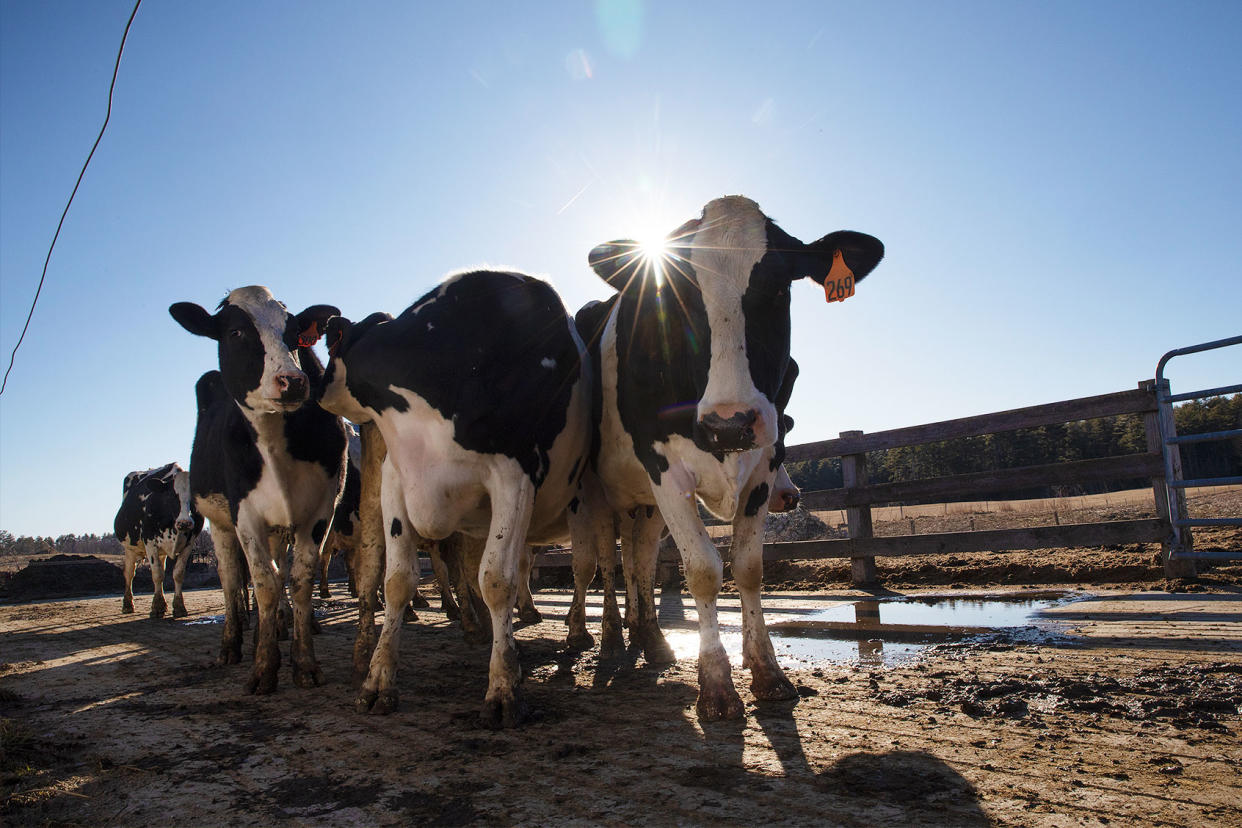Second human bird flu case linked to dairy detected in Michigan. Public threat remains low, CDC says

A second dairy worker has tested positive for H5N1, the influenza A virus known as bird flu. The confirmed case involves a Michigan farmworker, the Michigan Department of Health announced on Wednesday. The Centers for Disease Control and Prevention said the risk to the public remains low and that the patient recovered with mild symptoms.
The farmworker in question was regularly exposed to dairy cows, which have been catching the virus as it has spread through dairy and poultry farms throughout the United States the last several months. Bird flu can be fatal, although it is usually treatable; its main symptoms include fever, cough, sore throat, diarrhea, vomiting, muscle aches and fatigue. For the most part the disease is limited to animals like chickens and cows, as well as wild animals such as seals, although the infected Michigan farmworker is the third confirmed human patient in America since 2022 and the second that is related to the dairy industry.
“Michigan has led a swift public health response, and we have been tracking this situation closely since influenza A (H5N1) was detected in poultry and dairy herds in Michigan," said Dr. Natasha Bagdasarian, Michigan's chief medical executive, in a statement. "Farmworkers who have been exposed to impacted animals have been asked to report even mild symptoms, and testing for the virus has been made available. The current health risk to the general public remains low."
Australian health authorities also announced on Wednesday that a human bird flu patient has been confirmed for the first time in their country. The case is not related to dairy farms and authorities have said it originated in India. The patient, a child, recovered without spreading the disease to others.
The biggest difficulty in containing the bird flu outbreak is that many states do not thoroughly regulate their agricultural sectors. Dr. Rajendram Rajnarayanan of the New York Institute of Technology campus in Jonesboro, Ark., told Salon last month that testing is still mostly voluntary. Rajnarayanan urged comprehensive guidelines on what both cattle ranchers and ordinary citizens needs to know.
"Mandatory tests for cattle that are transported is a welcome move. I'd strongly recommend them to include a period of quarantine and retesting before integrating them into the existing herd," Rajnarayanan said. "The recent data about commercial milk samples testing positive for H5N1 fragments suggests a much wider spread of H5N1 among dairy cattle. Several cows are asymptomatic [but] they still spread the virus to others.”
